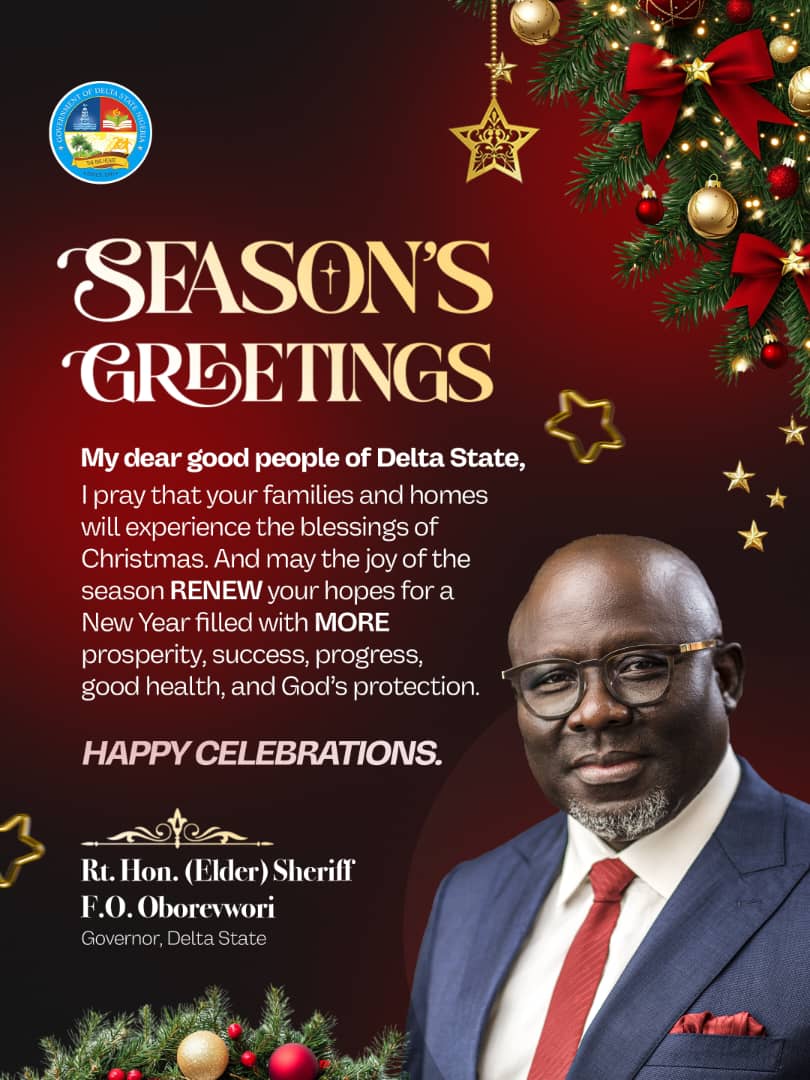While a number of large-scale developments have kicked off across Africa in recent years, much of the continent’s hydrocarbon basins remain largely unexplored, with several sizable discoveries made over the last five years making clear the potential of these basins. Despite international oil company divestment from hydrocarbons, a suite of African independents are driving frontier exploration, with a panel discussion taking place during African Energy Week (AEW) 2022 (https://www.AECWeek.com/) exploring the role these independents play as well as growth strategies and risk mitigation across these unexplored basins.
Sponsored by Africa Oil Corporation and moderated by Justin Cochrane, Director: African Regional Research, S&P Global Commodity Insights, speakers included John Hamilton, CEO, Panoro; Jeremy Asher, CEO, Tower Resources; Keith Hill, President & CEO, Africa Oil Corp; Siraj Ahmed, CEO, Impact Oil & Gas; Kola Karim, CEO, Shoreline Energy; and Edson Dos Santos, CEO, Somoil, with a presentation delivered by Maggy Shino, Petroleum Commissioner of the Ministry of Mines and Energy, Namibia.
During her presentation, Shino emphasized the potential of Namibia’s frontier market, stating that, “Despite all the wells that have been drilled, we have barely scratched the surface of the exploration agenda we have as a nation. There is still a big opportunity for us to discover more oil and gas resources. Where we are now, is that we have unlocked one basin: the Orange Basin. Namibia is greatly underexplored and this is why we are here speaking to you. A lot is still to come.”
Following on from Shino’s presentation, panelists discussed the most promising opportunities for E&P in Africa, emphasizing how marginal and onshore field opportunities have become highly attractive.
“We don’t need to neglect onshore developments. There are a lot of opportunities in this area. There are tremendous resources onshore with [less costs],” stated Alhomouz, adding that, “The sources of funds are limited and we are competing in a crowded field. We all knock on the same door: Afreximbank and the African Finance Corporation. The way forward is to find a way to work together more and share resources more. We need to develop plans together. If I coordinate my plans with others, we can save costs.”
Similarly, Hill stated that, “Advantage barrels is something people are looking at now. We started our journey in Kenya in 2008 and are still working to get first oil which is at a minimum three years away. Those opportunities are more difficult. We are more focused offshore and that can be brought onstream quickly, specifically those near infrastructure. We just don’t have enough oil and need to fill the decline. The oilfields are old and tired and require a lot of maintenance and investment, so we will need more exploration and the majors need to wake up to that. So, we need something that has a short cycle time.”
The discussion shifted towards the challenges faced by independents in the current market environment, with panelists offering solutions and strategies that can be adopted by independents to ensure E&P activity does not falter in 2022 and beyond.
“When it comes to exploration financing, you have to look at the constraints that the market is placing on us. When you look at the scale of exploration and supply gap that is coming up, the amount of exploration that needs to be done, there is cause for concern whether there will be enough equity capital. Appraisal and development funding is different with different risks. The further you move down, the more role there is for traders and the banks themselves. It is interesting to see African banks giving more interest in the area,” stated Asher.
Expanding on the notion of financing, Karim provided insight, stating that, “We started as an independent taking advantage of the divestments of international oil companies in Nigeria. We have lived through four cycles of high oil prices and low prices. This has given us the supportive balance sheet to handle what is happening. If you see what people are doing in the industry, global majors are divesting assets, and this creates opportunities for independents with balance sheets to take them over. What is changing is that local financial houses have astronomical limits today. In 2011, Standard bank wrote a check of $850 million for us.”
According to Hamilton, the state of the financing game has changed, with companies shifting their interest back to oil and gas. “We bought assets a year and half ago and were the first company raising money to do an acquisition and what we found is that half of the people said no, they don’t do oil and gas. The ones interested want to know the company is looking at the energy transition, is well managed and is looking at ESG. Now, we are finding the people who were not interested are now coming back to the table, wanting to capitalize on the prices and are saying they see the role oil and gas plays. We are finding a lot more traction with the financial community in terms of interest in what we are doing.”
“For good opportunities and high-quality opportunities, there will always be capital. The question is what is the price of capital and how much is available. For the right projects, the capital is available and it is not always the places you would think to go to. You need to be open to different ideas. If you can get the right participants behind you and have the right anchored support,” stated Ahmed.
Distributed by APO Group on behalf of African Energy Week (AEW).
Copyright: Fresh Angle International (www.freshangleng.com)
ISSN 2354 - 4104
Sponsored Ad

Our strategic editorial policy of promoting journalism, anchored on the tripod of originality, speed and efficiency, would be further enhanced with your financial support.
Your kind contribution, to our desire to become a big global brand, should be credited to our account:
Fresh Angle Nig. Ltd
ACCOUNT NUMBER: 0130931842.
BANK GTB.
×
![]()